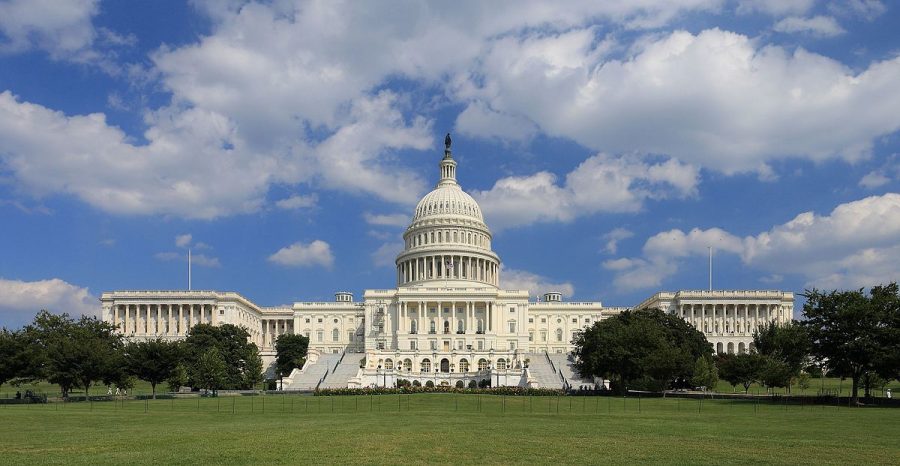In Case of Panic: Do Not Shut Down Government
By Sean Franklin
Last week marked the end of the 34-day government shutdown, the longest in U.S. history. It started with President Trump demanding money to fund his border wall. When Congress didn’t want to provide it, he shut down the government in an attempt to force its hand. Hundreds of thousands of federal workers went without pay, missing paychecks and leaving citizens without government services.
In most countries, a government shutdown would be an insane, apocalyptic scenario. In the U.S., however, they happen fairly often. There have already been three shutdowns during Trump’s two years in office.
We’ve become desensitized to shutdowns. They happen so often that we forget that going without a government is not a normal occurrence. It isn’t normal in the slightest. No other country on Earth is like this. Most places understand that shutting down the government is a bad idea and is something that shouldn’t be done often. Yet we – the United States, global economic and military superpower – can’t seem to wrap our heads around it. It’s mind-boggling that this happens at all, and, frankly, it shouldn’t. So here are a few ways to prevent shutdowns from happening in the future:
1. Force Congress and the president to go without pay instead of government workers.
During a shutdown, federal workers stop getting paid – yet members of Congress and the president continue to recieve paychecks. Given that these are the people whose responsibility is to end the shutdown, maybe they should feel the heat too. In fact, Rep. Dan Crenshaw of Texas just introduced a bill to Congress that would do exactly that – hold presidential and congressional salaries until the shutdown is over. This would put pressure on our political leaders to come to a solution sooner rather than later.
I would go even further and say that federal workers should continue to receive pay during the shutdown, and only legislators and presidents should see their paychecks hit. Federal workers should be insulated from the fallout of a situation they have no control over.
2. Automatically fund the government if the politicians can’t get their act together.
To end the most recent shutdown, President Trump passed a three-week “continuing resolution” (CR), a short-term spending bill that maintains funding at the previous year’s levels in absence of a new year’s budget. Congress often uses CRs to end shutdowns or when budget negotiations run over funding deadlines.
They also offer an easy solution to this shutdown problem. Congress could create a mechanism that works like this: if no spending bill is passed, a CR will automatically kick in and fund the government at its previous levels. This CR would be superseded immediately by any funding bill that Congress passes. Any funding bill that Congress passes would supersede this CR.
This would prevent government shutdowns from happening entirely. It would insulate federal workers – and the public – from the fallout of petty political fights and guarantee that federal agencies could count on funding. We wouldn’t have to worry about shutdowns anymore, and the politicians would get to argue as much as they want. Everyone wins.
3. Hold your elected officials accountable for shutdowns.
Both of the measures listed above require Congress to pass legislation, something they are not always great at doing. But Congress is an elected body, which means that they are held accountable to us, the voters. If your representative can’t even keep the government running – the bare minimum that we ask of our legislators – then he or she should not be able to keep his or her job.
If we want the government to stop shutting down, we should elect people who promise to keep it operational – and vote out those who don’t. In 2013, Republicans in Congress triggered one of the longest government shutdowns in history at 16 days. Yet the next year, in the 2014 midterms, they picked up 13 seats in the House and nine in the Senate. This is unconscionable. A party should not shut down the government and then be rewarded for it. We, the voters, have to change their incentive structure. If we don’t, then this shutdown will surely not be our last.
Sean Franklin, FCRH ’21, is an urban studies major from Alexandria, Virginia.








































































































































































































